The Advantages of Injection Molding in Consumer Product Manufacturing
Injection molding is one of the most efficient and versatile manufacturing methods for today’s consumer goods, offering both large-scale and small-batch production flexibility. Once a mold is created, it enables high-volume manufacturing—producing thousands or even millions of identical parts with outstanding consistency and repeatability. At the same time, DTG’s advanced tooling and production systems also support low-volume and small batch production, ideal for prototype development, market testing, or limited-edition product runs.
With its exceptional material versatility, injection molding allows the use of a wide variety of plastics and additives to achieve specific performance, texture, and aesthetic goals. The process also supports complex geometries in a single step, ensuring precision in every curve and detail. Although the initial tooling investment can be significant, the cost-effectiveness at scale—combined with the option for small-batch flexibility—makes it a powerful choice for modern consumer product manufacturing.
At DTG, our injection molding services cover a wide range of consumer applications. In home furnishings, we create durable, elegant, and ergonomic parts for furniture, kitchenware, and decorative accessories. For electronic products, our precision-molded shells, connectors, and internal structures deliver both reliability and refined aesthetics. In personal care products, we manufacture safe, hygienic, and long-lasting components such as toothbrush handles, cosmetic packaging, and bottles that meet strict regulatory standards.
We also provide innovative solutions for toys and recreational products, ensuring safety, creativity, and durability, as well as packaging materials that offer strong sealing and excellent preservation performance.
At DTG, we combine high-precision injection molding, new material processing, and both mass and small-batch production capabilities to bring your consumer products to life.
Contact our team today and let’s develop your next innovative product together!
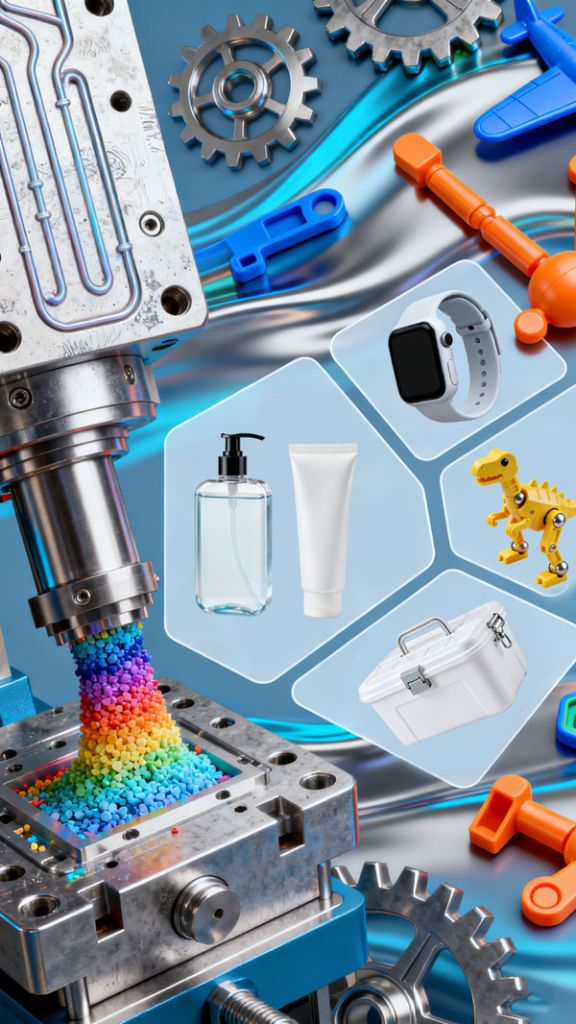
Material Selection
Selecting the right plastic material is crucial to achieving the desired balance of performance, durability, and visual appeal in consumer product manufacturing. At DTG, we understand that every product has unique functional and aesthetic requirements—whether it needs high impact resistance, flexibility, heat stability, or transparency. That’s why our engineering team assists clients in choosing the optimal material for each specific application, ensuring consistent quality and long-term reliability.
Injection molding allows for an extensive range of material options, each offering distinct characteristics suited to different product categories. From robust structural parts to soft-touch consumer components, our expertise ensures the ideal combination of strength, functionality, and cost-effectiveness.
Common materials used in consumer goods injection molding include:
- ABS (Acrylonitrile Butadiene Styrene): Highly durable and impact-resistant, often used in electronic enclosures, automotive parts, and toys.
- Polypropylene (PP): Lightweight and chemical-resistant, ideal for food containers, household products, and automotive components.
- Polycarbonate (PC): Transparent, strong, and heat-resistant, making it suitable for eyewear, water bottles, and lighting fixtures.
- TPE (Thermoplastic Elastomer): Exceptionally flexible and comfortable to the touch, commonly used in grips, seals, and ergonomic components.
The right material choice can significantly impact both product performance and manufacturing efficiency, influencing the feel, function, and lifecycle of the final product. Additionally, DTG considers factors such as FDA compliance, UV resistance, flame retardancy, and environmental sustainability where applicable—ensuring that every material meets the industry’s highest standards of safety and reliability.
Comparison of Common Plastic Materials for Injection Molding
| Material | Strength | Heat Resistance | Flexibility | Cost-Effectiveness | Typical Applications |
| ABS | High | Medium | Low | High | Electronic enclosures, automotive parts, toys |
| Polypropylene (PP) | Medium | Medium | High | Very High | Food containers, automotive components, household items |
| Polycarbonate (PC) | Very High | High | Low | Medium | Eyewear, water bottles, light fixtures |
| TPE | Low | Low | Very High | Medium | Soft-touch components, grips, seals |
Innovation and Challenges in Consumer Product Injection Molding

The consumer goods industry is driven by constant change — from evolving design trends to growing sustainability expectations — making innovation and agility crucial in injection molding. At DTG, we understand that manufacturers face multiple challenges throughout product development, including rapid time-to-market pressures, cost control in competitive markets, and increasingly high standards for aesthetic quality and precision. Additionally, the demand for environmentally responsible materials and compliance with global safety regulations adds another layer of complexity to every production stage.
To address these challenges, modern injection molding continues to evolve through advanced technologies and sustainable solutions. Techniques such as in-mold labeling enable vibrant graphics to be integrated directly into the product surface, while gas-assist molding reduces material usage and enhances structural integrity in hollow components. Multi-material molding allows for the combination of rigid and flexible plastics within a single part, improving both functionality and ergonomics. Meanwhile, the development of recycled and bio-based plastics supports a more sustainable production cycle without compromising quality or performance.
Selecting the right injection molding partner is equally important to the success of any consumer product. A reliable manufacturer should demonstrate proven expertise in your industry, possess advanced molding and tooling capabilities, maintain rigorous quality management systems (such as ISO 9001), and offer design-for-manufacturing support to optimize production efficiency. At DTG, we combine these strengths with scalable production capacity to help our clients navigate every stage—from prototype to mass production—with confidence and precision.
In a world where innovation defines competitiveness, injection molding remains the cornerstone of modern consumer product manufacturing. By embracing new materials, smarter processes, and sustainable practices, DTG continues to empower brands to bring creative, durable, and high-quality products to market efficiently and responsibly.
Injection-Molded Consumer Products
Injection molding is a versatile manufacturing method widely used to produce everyday consumer products. From household items and kitchenware to storage containers, toys, and personal care accessories, injection molding allows for precise shapes, consistent quality, and vibrant colors. These products benefit from the process’s ability to provide durability, lightweight construction, and cost-effective mass production, making high-quality plastic items accessible for daily use.
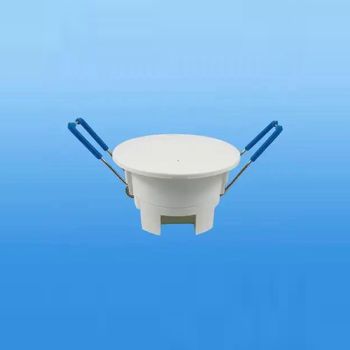
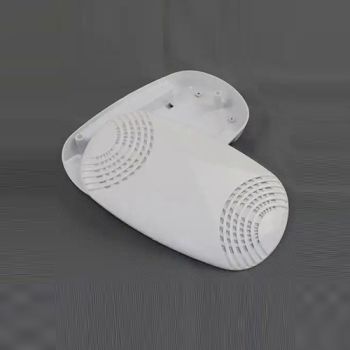
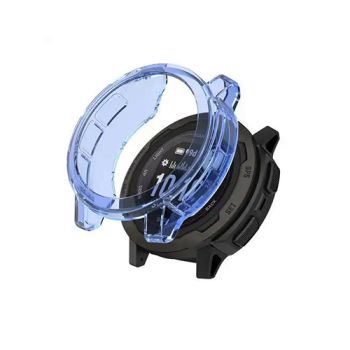
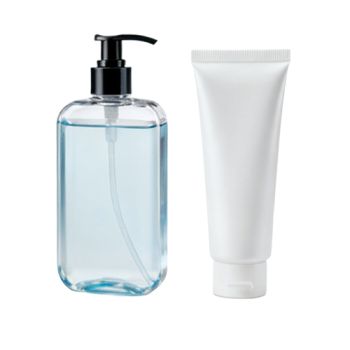

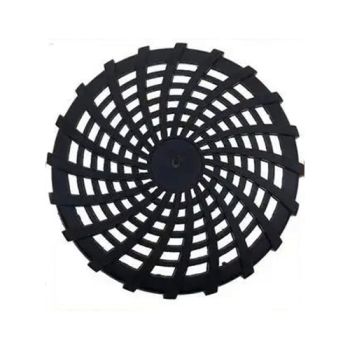
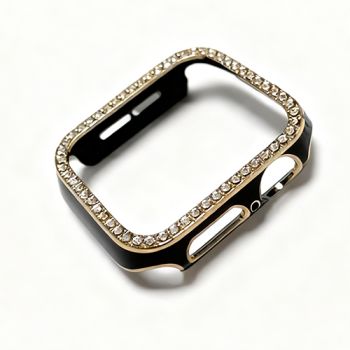
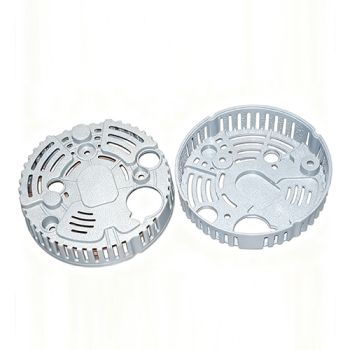

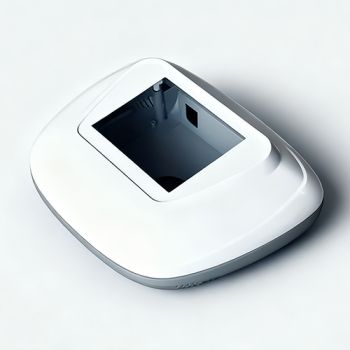
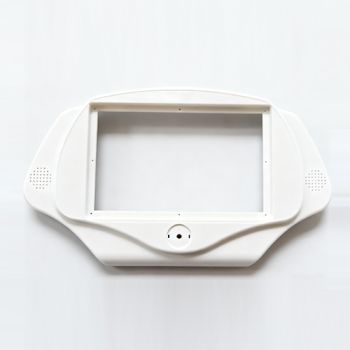
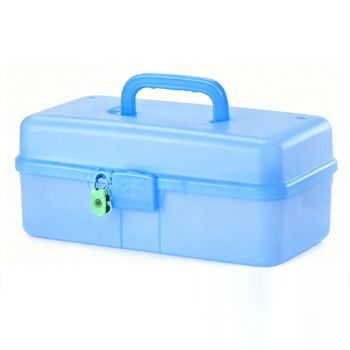
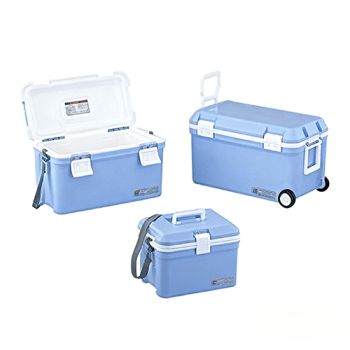
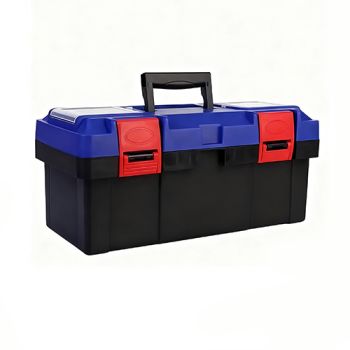
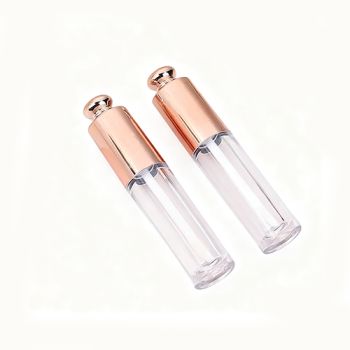
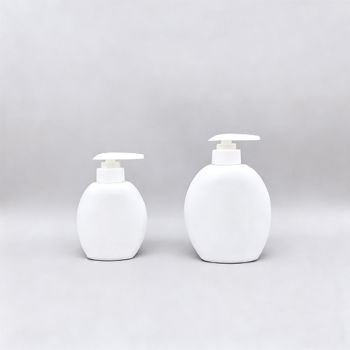
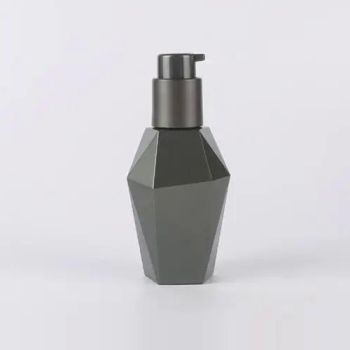
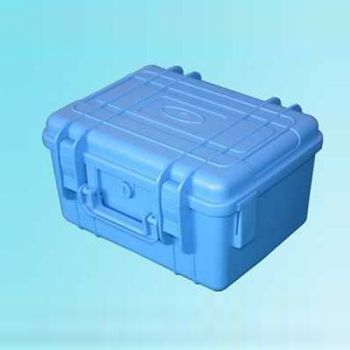
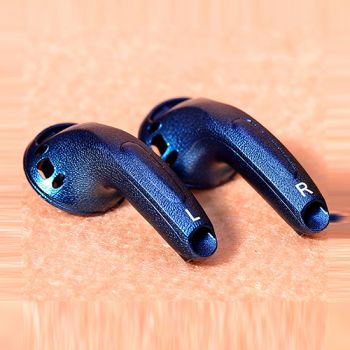
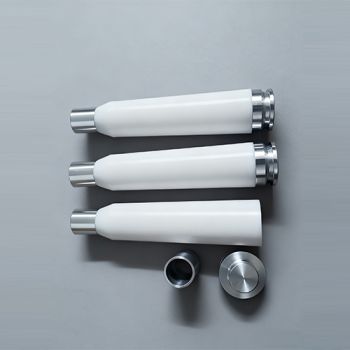
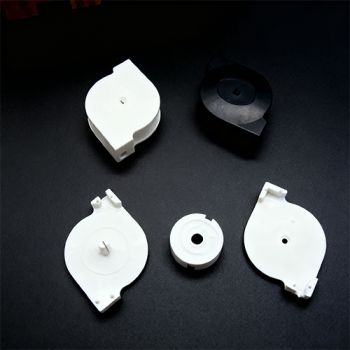

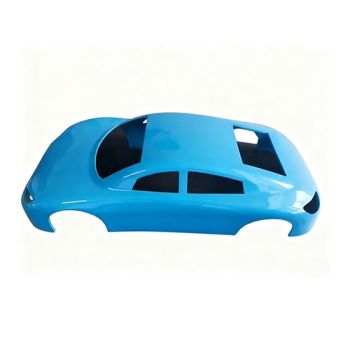
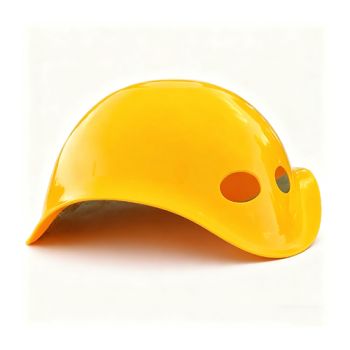
Why Choose DTG Injection Molding Services ?
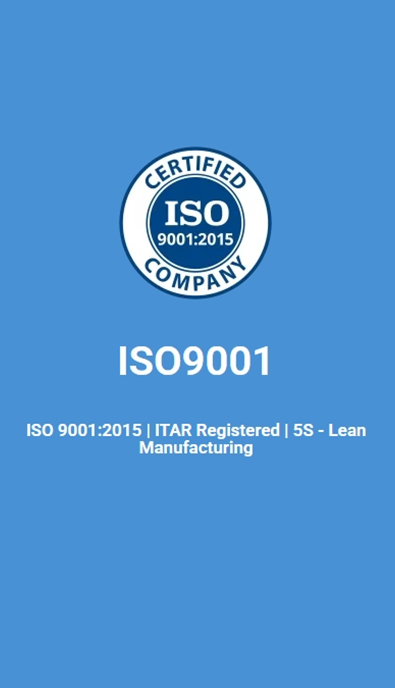
ISO Certified
ISO Certified
Expertise
Advanced Equipment
Fast delivery
Customer Focus
Our Mold Design Process
For simple parts, product lead times can be reduced to as little as 3 days.Upload your part to see if it qualifies.
01
Requirement Analysis
We start by thoroughly understanding the project requirements, including the part geometry, material properties, production volume, and budget constraints. This initial phase involves close collaboration with the client to gather all necessary information and establish clear design objectives.
02
Conceptual Design
Our team of skilled designers and engineers utilizes advanced CAD software to create conceptual designs based on the project requirements. This phase involves brainstorming innovative solutions and exploring various design options to achieve the desired functionality and manufacturability.
03
Detailed Design
Once the conceptual design is approved, we proceed to the detailed design phase. This stage involves refining the 3D model to incorporate all essential features, such as parting lines, gating systems, cooling channels, and ejection mechanisms. Our designers pay meticulous attention to detail to optimize the mold design for efficiency and performance.
04
Simulation & Analysis
Once the conceptual design is approved, we proceed to the detailed design phase. This stage involves refining the 3D model to incorporate all essential features, such as parting lines, gating systems, cooling channels, and ejection mechanisms. Our designers pay meticulous attention to detail to optimize the mold design for efficiency and performance.
05
Design Review & Optimization
The design undergoes thorough review by our team of experts, where potential issues or areas for improvement are identified and addressed. We collaborate closely with the client to incorporate feedback and make any necessary adjustments to optimize the mold design for manufacturability and functionality.
06
Prototype Development
Upon finalizing the design, we proceed to prototype development to validate the mold’s functionality and performance. This stage involves manufacturing prototype molds and conducting rigorous testing to ensure they meet the client’s requirements and quality standards.
07
Finalization & Production Release
Once the prototypes are successfully tested and approved by the client, we finalize the mold design and release it for full-scale production. Our team closely monitors the manufacturing process to ensure the molds are fabricated to the highest standards and deliver consistent, high-quality parts.
08
Continuous Improvement
At Omni, we are committed to continuous improvement and innovation. We regularly evaluate our mold design process to incorporate the latest technologies, best practices, and customer feedback, ensuring we deliver exceptional results with every project.

